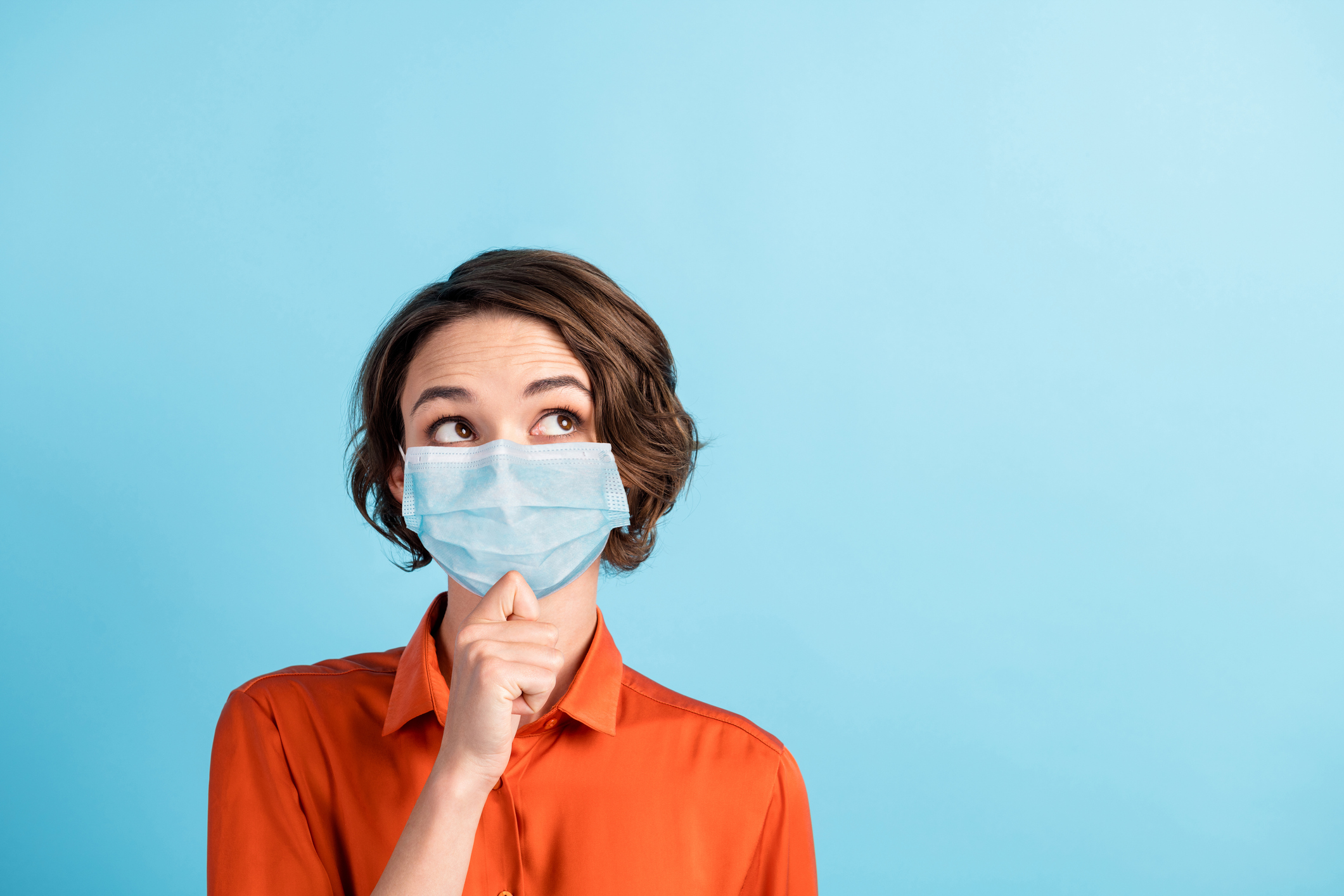 COVID-19 vaccines have proven effective in helping our bodies fight COVID and prevent serious illness. Based on evidence gathered from clinical trials, Johnson and Johnson’s Janssen vaccine was found to be 66.3% effective in protecting us from the virus, Moderna’s vaccine 94.1%, and Pfizer- BioNTech’s vaccine 95%.
COVID-19 vaccines have proven effective in helping our bodies fight COVID and prevent serious illness. Based on evidence gathered from clinical trials, Johnson and Johnson’s Janssen vaccine was found to be 66.3% effective in protecting us from the virus, Moderna’s vaccine 94.1%, and Pfizer- BioNTech’s vaccine 95%.
Although each vaccine offers a high level of protection, none are 100% effective in preventing illness in vaccinated people. Therefore, a small percentage of fully vaccinated people can potentially get sick if they are exposed to the virus. These occurrences are being referred to as “Vaccine Breakthrough Cases”
According to the Centers for Disease Control and Prevention (CDC), breakthrough cases are expected. However, they are very rare. A recent study conducted by the agency found that among the 101 million people vaccinated from January 1st to April 30th, there were just 10,262 breakthrough cases across 46 states. This amounts to .01% of the population.
Despite concerns about breakthrough cases, the CDC is encouraging people to get vaccinated because the number of COVID-19 cases, hospitalizations, and deaths that will be prevented among vaccinated persons will far exceed the number of breakthrough cases. Furthermore, there is some evidence that suggests vaccination may make symptoms less severe in those who are vaccinated, and still get sick.
It is important to note that COVID vaccines are most effective two weeks after a person is fully vaccinated. Individuals are considered fully vaccinated after they have completed the recommended number of doses for the vaccine received. Someone who tests positive for COVID-19 between doses or within the two-week period after receiving their final dose, would not be considered a breakthrough case. The CDC defines breakthrough cases as people who test positive for the coronavirus 14 or more days after receiving their final shot.
While COVID vaccines play a vital role in stopping the spread of the virus, we must continue to practice safety measures to protect ourselves and others. Wearing a mask, washing our hands, and practicing social distancing can bolster our efforts to prevent exposure and the transmission of COVID.
All content of this newsletter is intended for general information purposes only and is not intended or implied to be a substitute for professional medical advice, diagnosis or treatment. Please consult a medical professional before adopting any of the suggestions on this page. You must never disregard professional medical advice or delay seeking medical treatment based upon any content of this newsletter. PROMPTLY CONSULT YOUR PHYSICIAN OR CALL 911 IF YOU BELIEVE YOU HAVE A MEDICAL EMERGENCY.
